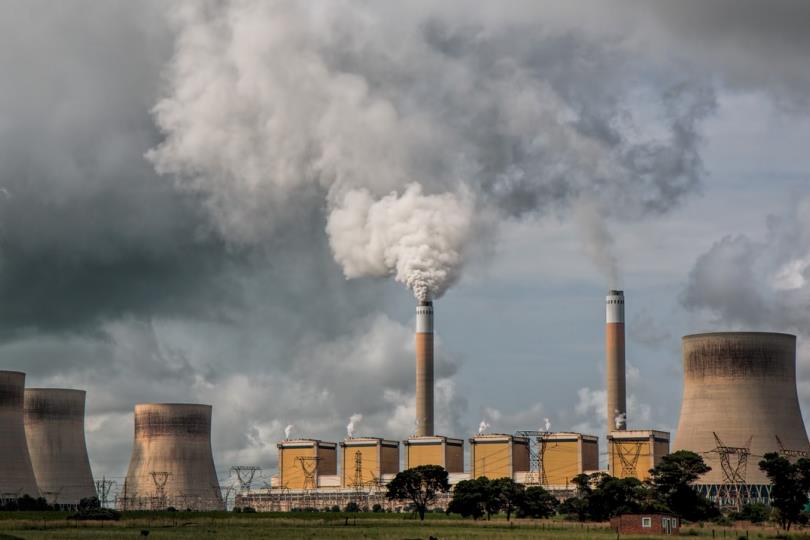After the pollutants emission permit system was designated as the core regulatory mechanism in China’s environmental protection legal framework by State Council’s Implementation Program of Pollutants Emission Permit System, the Ministry of Environmental Protection (MEP) followed up and launched the online system for enterprises to apply for the permits. As of Apr 17th 2017, a total of 31 enterprises have obtained their permits on the system.
According to our information enterprises that delegated third party service providers to apply for the permits on their behalf have had to pay increased application costs for the new version of the permit. Some quotations they received were as much as 10 times higher than before. It was mainly due to the great quantity and complexity of the data and information that enterprises should submit. However, Mr. Leon Ma, the partner of Greenment Consultancy claimed during a seminar on the environmental management of chemicals held by REACH24H Consulting Group that the pollutants emission permit is not only an enterprise obligation but actually protects them and decreases their liabilities, ultimately making the permit a necessary but also worthwhile investment.
Mr. Ma explained that the application for a pollutants emission permit requires not only the information on types, concentration and amount of the pollutants, but also some detailed information on the production process, operation methods, etc. Once all this information is accepted by the competent authorities and issued on the permit, the authorities have no legal right to order the enterprises to change or improve them, let alone penalize the enterprise for emissions within the authorized range. For example, if an enterprise specifies in its application for a permit that part of a process involves dumping volatile material into a reactor instead of pumping the material, then if that enterprise successfully obtains the permit, enforcement authorities can no longer request it to change its systems irrespective of the fact that pumping might be a more environmentally friendly system.
China’s newly revised Environmental Protection Law in 2015 designated the local government, instead of the local environmental protection bureau, responsible for local environmental quality. Now that the political careers of some higher level officials are at stake, sometimes the authorities tend to adopt more strict enforcement methods. So it is important for the enterprises to protect their lawful rights within the current legal framework. For instance, the following picture shows some very detailed information on production and operation that one enterprise included into its permit. And this is only a part of the whole information it submitted.

According to State Council’s timeline, the application and issuance of the permits of some priority industries, such as chemical, petroleum, iron and steel industry and nonferrous industry, etc. should be completed in 2017. All stationary pollution sources should obtain the permit by 2020.














